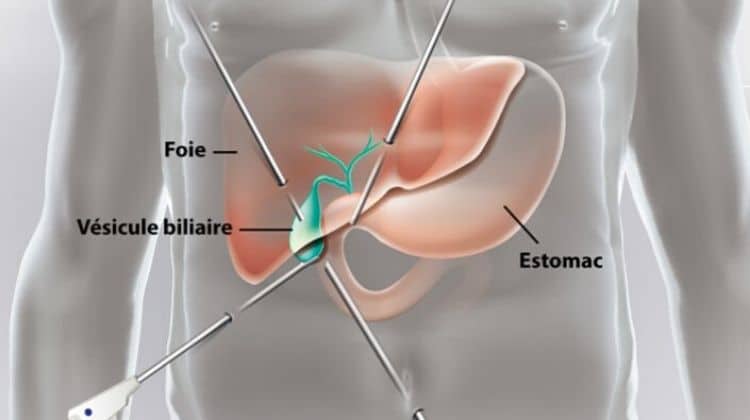Visceral surgery, also called digestive surgery, is a branch of surgery that deals with the viscera, or bowels of the body. It is a specialty dedicated to the diagnosis and operative treatment of the digestive tract (esophagus, stomach, duodenum, intestine, colon, rectum), liver, pancreas, spleen, endocrine and exocrine glands, as well as the wall (hernia, etc.)
The visceral surgeon works in close collaboration with the gastroenterologist, the anesthesiologist and the radiologist. He operates and treats his patients in cases of benign and malignant, inflammatory or tumor pathologies of the viscera. He operates, for example, in the case of a tumor of the stomach or intestine, or during the treatment of hemorrhoids or appendicitis. After the surgery, he continues to monitor and follow up his patient throughout his healing process.
Several techniques can be performed during digestive tract surgery:
-
- Laparotomy: classic surgery also called celiotomy that most commonly involves “vertical” incisions in the middle of abdomen
- Laparoscopy: also called Minimally Invasive Surgery that consists on using small incision of approximately 0.5-1.5 cm in the abdomen or pelvis
The ailments or pathologies that are most often treated at the clinic Avicenne are:




